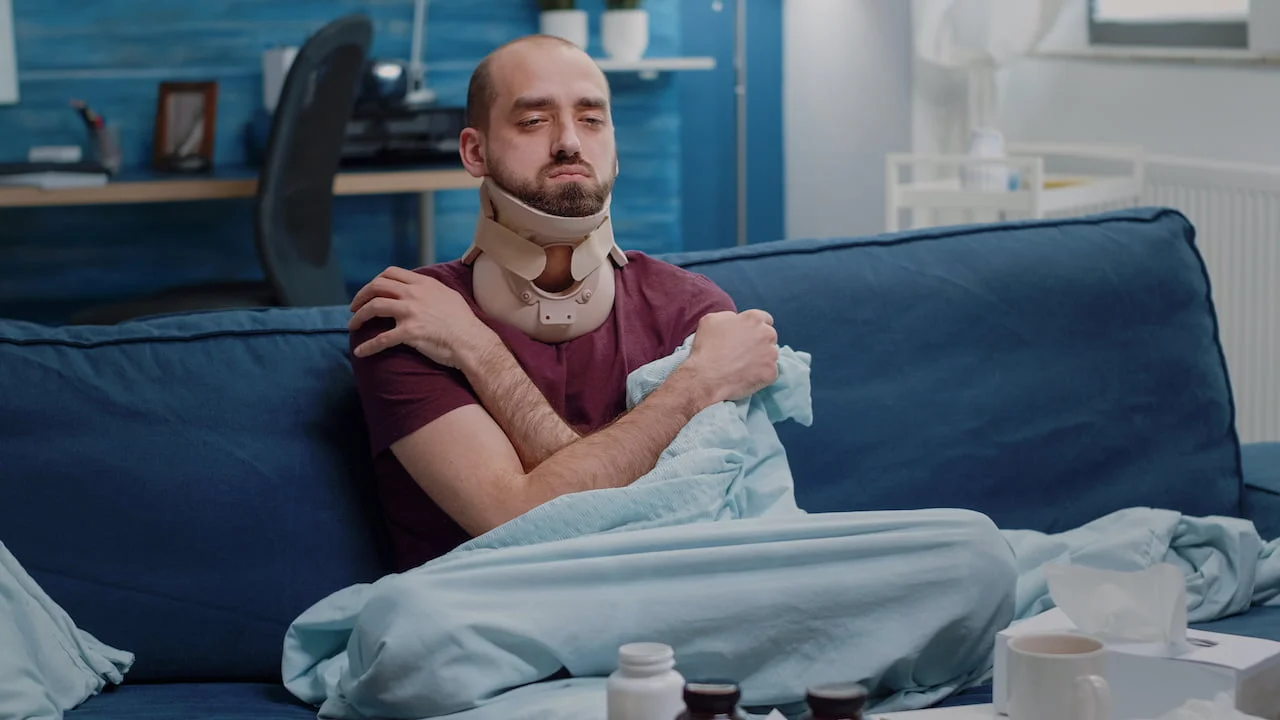Overview
Chronic Pain is the pain that lasts or recurs for months or years. A pain is said to be chronic, if the pain
- Stays for > 3 months.
- Stays for > 1 month after the injury or the problem that originally caused the pain is resolved.
- Recurs on and off for months or years.
- Is associated with a chronic disorder (such as arthritis, diabetes, fibromyalgia, cancer, etc) or an injury that is not healing completely.
Sometimes Chronic pain occurs when your nerves become unusually sensitive. Also some areas of body may become tender to touch and act as trigger points which radiate unexplained pain to other areas of your body.
Chronic disorders (such as arthritis, diabetes, fibromyalgia, cancer, etc) can cause chronic pain. Chronic pain can also result from even a mild injury, if nerve fibres and cells have become sensitized.
Our individuality or uniqueness as a person, is the reason why some people experience pain more than others. Those whose pain threshold is low can feel too much pain when actually the pain is little. Whereas some people tolerate even severe pain with ease.
Our psyche (mind) also plays a role in determining the way we experience pain and react to it. Some people experience pain, as more unpleasant than others and limit their activities more. For example, some people with chronic pain know it will recur and may become fearful and anxious while anticipating the pain.
Sometimes the original cause of the pain is obvious—for example, when you had an injury that was healed but the pain remained. At other times the cause may be unknown—for example, when you have a chronic headache.
Do you know …
In certain individuals, when the nerves are stimulated repeatedly, they undergo remodelling (structural change) in a way that can make the pain worse and last longer. But it is not the same for everyone. Some feel the pain more and some feel the pain less. Homeopathy values this uniqueness of yours.
Symptoms of chronic pain
Chronic pain may occur in different parts of the body in different people. For example, it may occur in the back in one person and in the fingertips in another. It may also occur in different parts of the body in the same person at different times.
Also, the sensation of pain may be different. For example, the pain may feel like throbbing, aching, stabbing, burning, stinging, or pressing. It may be constant or may come and go, and the intensity of the pain may vary.
People with chronic pain often also feel tired, have problems sleeping, lose their appetite and/or taste for food, and lose weight. Their sex drive may decrease. These problems develop gradually.
Constant pain can prevent people from doing what they usually enjoy and starts to affect the mind as well. They may become depressed and anxious. They may stop their activities, withdraw socially, and become preoccupied with physical health. The mind-body complex is now fully affected and becomes a vicious circle which keeps an individual in suffering mode.
Diagnosis of chronic pain
A doctor’s thorough evaluation which includes physical; mental; emotional; social health and environmental influence.
Through this evaluation doctors try to identify the cause of pain, factors modifying pain and the impact of such pain on the daily life quality of a person.
Doctors ask how the person feels; eats; sleeps and goes through a routine day. Identifying these changes is critical because they can make the situation better or worse and, if present, must be treated for the pain to be treated effectively.
Homeopathic Treatment of chronic pain
After a thorough evaluation, each case is worked upon and a set of similar medicines is derived, from which one single medicine which fits the patient’s presentation at that time, in relevant intensity and repetitions is given.
Some need only one medicine throughout the duration of treatment and some need few in sequence one after another across the treatment.
Timely follow-ups are essential to keep moving forward towards the goal of treatment and to identify, manage and overcome any obstacles to the outcome.

Outcome of Individualized Homeopathic treatment
With Individualized Homeopathic treatment focused on the person who is suffering, the outlook is as follows:
- Relieves pain.
- Boosts metabolism
- Improves sleep.
- Improves activity.
- Relieves fatigue.
- Restores function.
- Better moods
- Improves quality of life
Each person is unique and hence the time taken for treatment and the results achieved are also unique.
Try to consult a well-qualified professional homeopath who practices adhering to the tenets of Hahnemannian Homeopathy for Best Outcomes.


